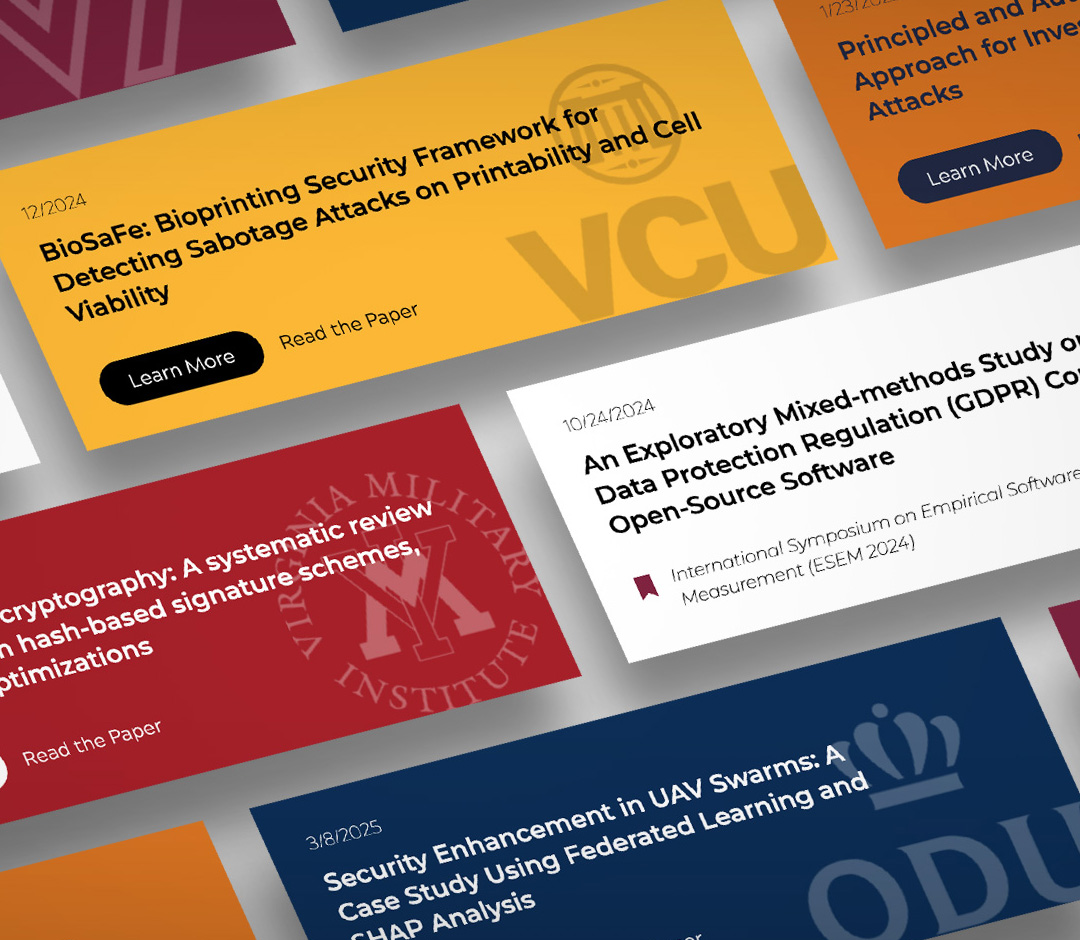An Exploratory Mixed-methods Study on General Data Protection Regulation (GDPR) Compliance in Open-Source Software
Research Paper Showcase 2025
Abstract
Background: Governments worldwide are considering data privacy regulations. These laws, such as the European Union's General Data Protection Regulation (GDPR), require software developers to meet privacy-related requirements when interacting with users' data. Prior research describes the impact of such laws on software development, but only for commercial software. Although open-source software is commonly integrated into regulated software, and thus must be engineered or adapted for compliance, we do not know how such laws impact open-source software development.
Aims: To understand how data privacy laws affect open-source software (OSS) development, we focus on the European Union's GDPR, as it is the most prominent such law. We investigated how GDPR compliance activities influence OSS developer activity (RQ1), how OSS developers perceive fulfilling GDPR requirements (RQ2), the most challenging GDPR requirements to implement (RQ3), and how OSS developers assess GDPR compliance (RQ4).
Method: We distributed an online survey to explore perceptions of GDPR implementations from open-source developers (N=56). To augment this analysis, we further conducted a repository mining study to analyze development metrics on pull requests (N=31,462) submitted to open-source GitHub repositories.
Results: Our results suggest GDPR policies complicate OSS development and introduce challenges, primarily regarding the management of users' data, implementation costs and time, and assessments of compliance. Moreover, we observed negative perceptions of the GDPR from OSS developers and significant increases in development activity, in particular metrics related to coding and reviewing, on GitHub pull requests related to GDPR compliance.
Conclusions: Our findings provide future research directions and implications for improving data privacy policies, motivating the need for relevant resources and automated tools to support data privacy regulation implementation and compliance efforts in OSS.
Authors
- Lucas Franke, Virginia Tech
- Huayu Liang, Virginia Tech
- Sahar Farzanehpour, Virginia Tech
- Aaron Brantly, Virginia Tech
- James C. Davis, Purdue University
- Chris Brown, Virginia Tech
Publication
- Venue: International Symposium on Empirical Software Engineering and Measurement (ESEM 2024)
- Date: 10/24/2024



